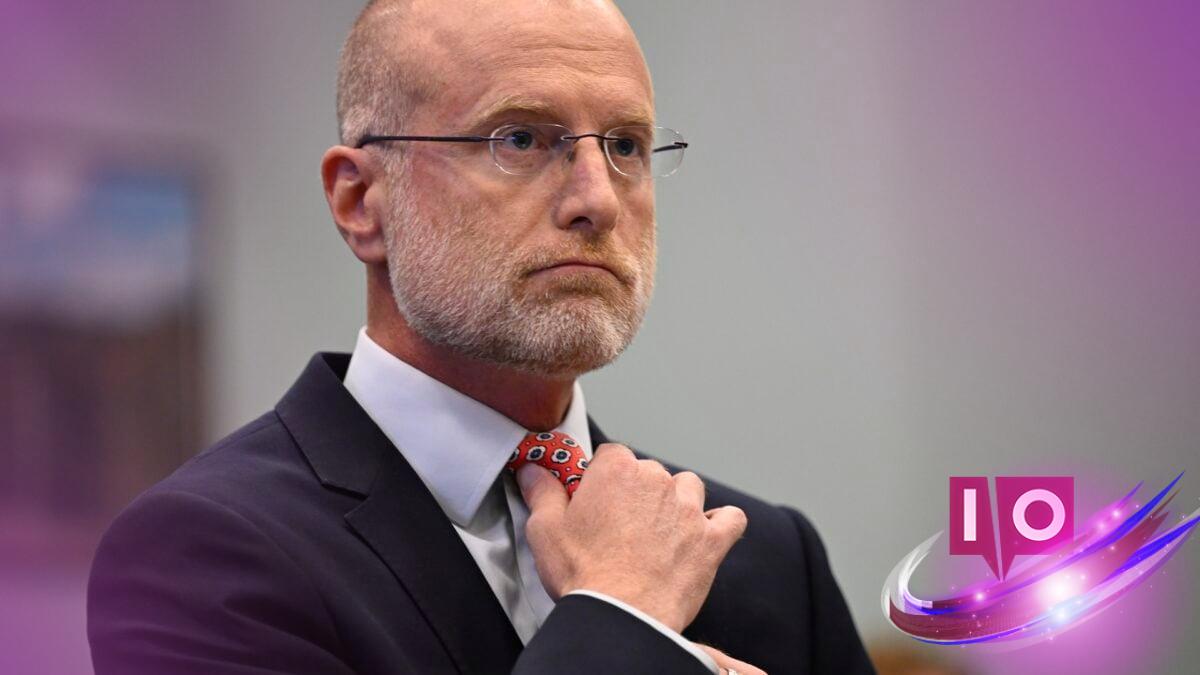The recent $8 billion merger between Paramount and Skydance has drawn significant attention. Approved by the Federal Communications Commission (FCC) after a series of strategic changes at CBS, this deal raises critical questions about media bias and the implications for political discourse. As part of the agreement, an ombudsman will be appointed to monitor potential political biases within the media company.
Brendan Carr, an FCC commissioner, has been vocal about the importance of restoring trust in media communications. “They made commitments to address bias and restore fact-based reporting. I think that’s so important,” he stated during a recent interview on Newsmax. Carr emphasized how the American public’s skepticism towards legacy media outlets necessitates such oversight.
Understanding the Merger’s Implications
As reported, part of this deal includes commitments from CBS to “end invidious forms of DEI,” which some interpret as an attempt to align the media’s narrative with a more conservative viewpoint. This shift may particularly be notable for programs like 60 Minutes, which Carr mentioned might undergo a cultural transformation towards more “fact-based” reporting. With Carr’s comments, one begins to wonder: what does this mean for journalistic integrity?
It’s essential to note that an ombudsman will be appointed to act as a bias monitor for the next two years, reporting directly to “the president.” While the intent is clear, the ambiguity surrounding who this president refers to—whether Trump or the head of Paramount—raises additional questions about executive influence on media narratives.
Political Influence on Media
Before Trump’s presidency, such oversight of media outlets would have likely been deemed a breach of First Amendment rights. Nonetheless, Trump’s contentious relationship with the media has transformed the landscape, leading to CBS settling a lawsuit with Trump over a 60 Minutes interview for $16 million—an action that highlighted the delicate balance between media reporting and political sensitivity.
The Future of Late-Night Television
Carr’s remarks regarding Stephen Colbert’s recent show cancellation sparked debate around the autonomy of networks. “Is it permissible for TV networks to lean ‘woke’?” was a question posed that went unanswered, as Carr instead suggested CBS’s decision was purely business-driven. This raises an essential point: how much should media adapt to political winds, and at what cost to its identity?
What Lies Ahead for CBS?
The media landscape is undergoing a change influenced significantly by political power dynamics. Carr claims, “President Trump is fundamentally reshaping the media landscape.” The commission’s decisions may come to reflect this new reality, leading many to question what it means for the future of broadcasting and journalistic freedom.
As advertising shifts away from traditional media, the financial viability of shows like Colbert’s hangs in the balance. It is critical to consider: how will this affect future programming and the audiences they cater to?
What’s more, if media companies are swayed by political figures, how will this reshape the narratives that are broadcast to the American public? These considerations point to a significant evolution in how we understand free speech and the responsibilities of those who wield its influence.
What are the key concerns regarding media mergers and political bias? Are they merely business transactions or do they encompass broader implications for democracy? It’s worth pondering how these developments shape your perception of news and information.
If you’re interested in more on this topic and how it impacts our understanding of media today, continue exploring related articles at Moyens I/O.
